Accountability.Fish Cites Korean Case in new Position Paper before WCPFC General Meeting
WASHINGTON: Citing a Korean case where the continuing secrecy of the compliance process covering Western Pacific tuna – leading to the potential inclusion of illegally caught fish into the world’s tuna supply earlier this year, Accountability.Fish today issued a position paper challenging the Western & Central Pacific Fisheries Commission to urgently act to improve the transparency and accountability of the management of Fish Aggregating Devices (FADs) in the regional fishery, and to fully and finally open its compliance process to observers.
The call, coinciding with the start of WCPFC’s General Meeting in Rarotonga in the Cook Islands on Monday, reflects the case of two Korean vessels involved with the use of fish aggregation devices (FADs), which is chronicled in the attached position paper.
“The lack of openness in the current process presents major risks to the world’s tuna markets and to the marine ecology. Large tuna traders and retailers are afraid off the risk that the tuna that they offer to their customers under with a Marine Stewardship Council sustainability certificate could need to be withdrawn from the market on a large scale if it turns out that the tuna should be classified as an illegal catch, yet the current process provides no adequate way to verify this,” said Ryan Orgera, Global Director of Accountability.Fish.
“The cases of the Sunflower 7 and the Badaro – the two Korean vessels involved – highlight many questions left unanswered about of the possibilities of legal wiggle room in the WCPFC’s rulings, which are exacerbated the lack of independent observers aboard the reefer vessels that operate for the purse seiner fleet.
“There is also the continuing matter of lack of transparency and openness in the WCPFC’s compliance processes themselves, the downsides of which this case brings to light, and access of the compliance procedures of the WCPFC itself.
“Since NGO and market stakeholder organizations are blocked from joining the closed sessions of WCPFC’s Technical and Compliance Committee meetings, the relevant details of these cases fall under the ‘secured content’ that is not publicly available – even with their substantial environmental, economic, and sustainability implications.”
Orgera added that “The general interest of openness outweighs the interests of any individual parties,. We need to open the process now, and this case illustrates the urgency of doing so.”



